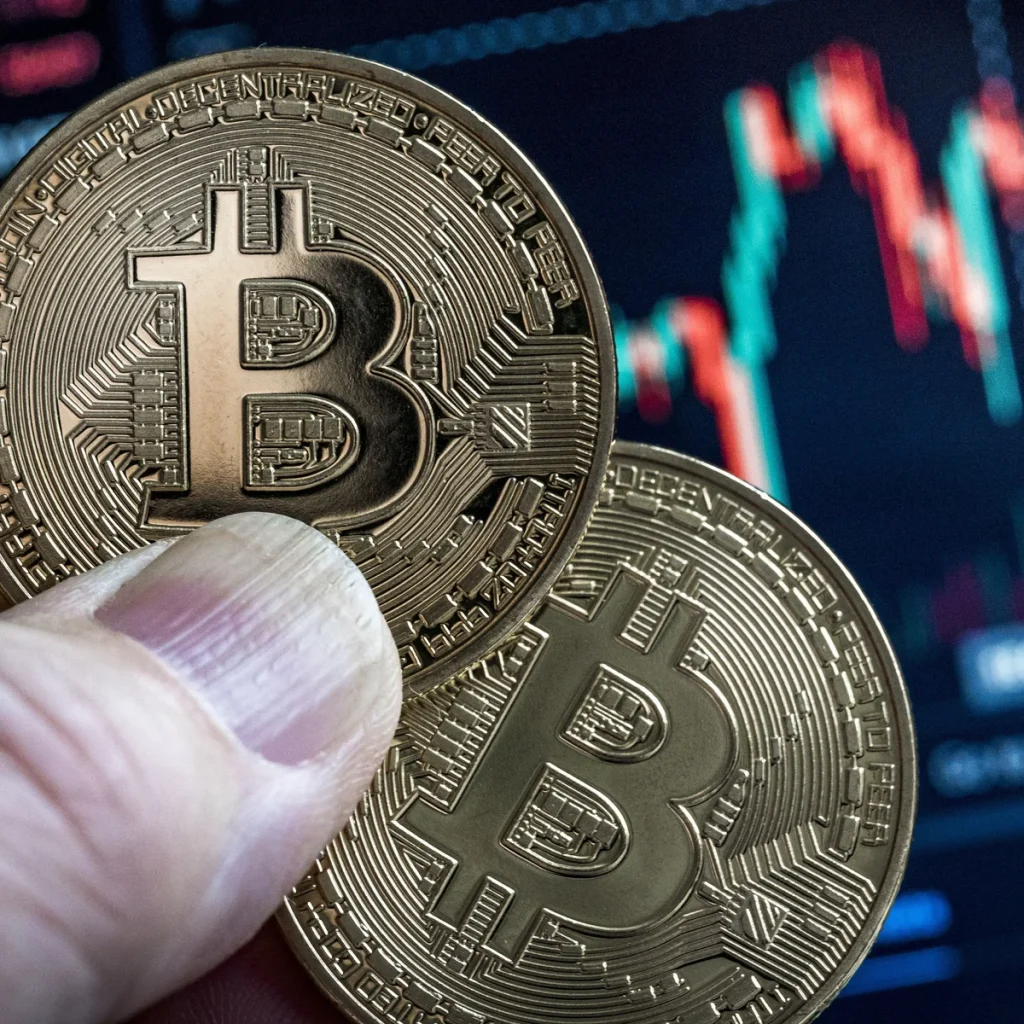Bitcoin’s recent surge has sparked a wave of excitement in the financial and technological spheres, signaling its increasing influence on global economic systems. With its value reaching unprecedented heights, Bitcoin’s ascent underscores the growing trust and acceptance of digital currencies as a viable alternative to traditional financial systems. This milestone is more than just a financial event; it is a testament to the innovation and resilience inherent in blockchain technology, which powers this decentralized digital asset. The success of Bitcoin highlights the shift toward decentralized financial systems, providing users with greater control and transparency. Unlike traditional banking systems, where transactions are often subject to intermediaries and regulatory scrutiny, blockchain offers a decentralized ledger. This technology enables peer-to-peer transactions that are secure, fast, and free from excessive oversight. The growing adoption of such systems reflects a broader societal push for financial autonomy and a response to frustrations with existing financial structures.
This surge also underscores the increasing institutional acceptance of cryptocurrencies Cardano News, once considered a fringe financial experiment. Over the past few years, various institutions have warmed up to the idea of integrating digital assets into their portfolios. This acceptance is fueled by the realization that blockchain-based assets not only serve as stores of value but also open up possibilities for smart contracts and decentralized applications. The implications of this trend extend beyond just individual investors, influencing how companies and governments perceive the future of finance. As Bitcoin continues to evolve, it sets new benchmarks for security and scalability in the digital realm. The underlying technology has undergone numerous upgrades to meet the demands of a growing user base. These advancements aim to ensure the system remains robust against cyber threats and capable of handling higher transaction volumes. Such innovations position Bitcoin and its peers as reliable options for everyday transactions, rivaling traditional payment systems in efficiency and accessibility.
The rise in Bitcoin’s value has also reignited debates about its environmental impact and sustainability. Mining, the process through which new coins are generated, requires significant energy. Critics argue that this could contribute to environmental degradation, particularly when powered by non-renewable energy sources. However, many industry players are working on solutions, such as transitioning to renewable energy and adopting more energy-efficient consensus mechanisms, to address these concerns and align with global sustainability goals. Ultimately, Bitcoin’s latest surge is more than just a financial headline; it is a reflection of the evolving dynamics of global finance and technology. Its growing adoption by individuals, institutions, and governments signals a broader shift in how value is stored and exchanged in the digital age. While challenges like regulatory hurdles and environmental concerns remain, the continued growth of Bitcoin and blockchain technology underscores their transformative potential to reshape financial systems and create new opportunities for innovation.



